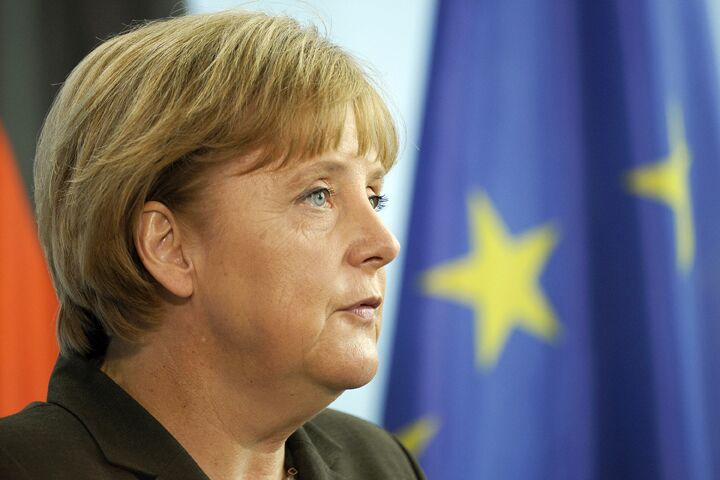
Germany Says “Yes, But” to Lisbon Treaty
The German constitutional court ruled Tuesday of last week that the Lisbon Treaty does conform with Germany’s constitution but that it can only be ratified once the German parliament has greater oversight of decisions made by the European Union. This “yes, but” decision significantly changes the relationship between the EU and Germany.
Germany’s parliament is now drawing up a law that would allow it to block the use of the so-called passerelle clause. This clause allows EU leaders to unanimously decide to let an EU law be passed by a qualified majority vote rather than unanimous approval. Germany’s new law would prevent qualified majority voting being used in such circumstances without the permission of the German parliament.
Berlin hopes to complete the process of drawing up and passing the new law so the Lisbon Treaty can be signed by German President Horst Koehler before parliament is dissolved prior to the German elections on September 27.
“This spectacularly clever verdict artfully says that European integration will not be stopped—but it will be making a little detour through Germany, where it will benefit from some added democracy,” wrote the Süddeutsche Zeitung.
“This is the end of European integration as we know it—Germany will support the Lisbon Treaty but only under strict conditions,” wrote the Frankfurter Allgemeine Zeitung. “And anyone who wants to found a European state must now ask for the permission of the German people.”
Peter Gauweiler, parliamentary leader of Bavaria’s conservative Christian Social Union, who brought the Lisbon Treaty before Germany’s highest court, says this ruling will mark a major change from the way things worked in the past. “Karlsruhe [the German constitutional court] has now decided in favor of something that is completely different than the nodding-through procedure that we’ve used for EU affairs up until now,” he said in an interview with Spiegel Online.
This ruling puts Germany’s constitutional court above the European Union. “Karlsruhe can rule that EU laws that go too far cannot be applied in Germany,” said Gauweiler. “For the citizens of Germany, that is a huge success.”
The court also ruled that the EU cannot deploy German troops without the permission of the German parliament.
With the constitutional court’s verdict, said the Süddeutsche Zeitung, “European integration becomes part of Germany’s domestic politics. … In this way a dialogue is starting between Berlin and Brussels.”
Margaret Thatcher was right about the EU experiment in a speech she gave in America back in October 1995: “You have not anchored Germany to Europe. You have anchored Europe to a newly dominant, unified Germany. In the end, my friends, you’ll find it will not work.”
